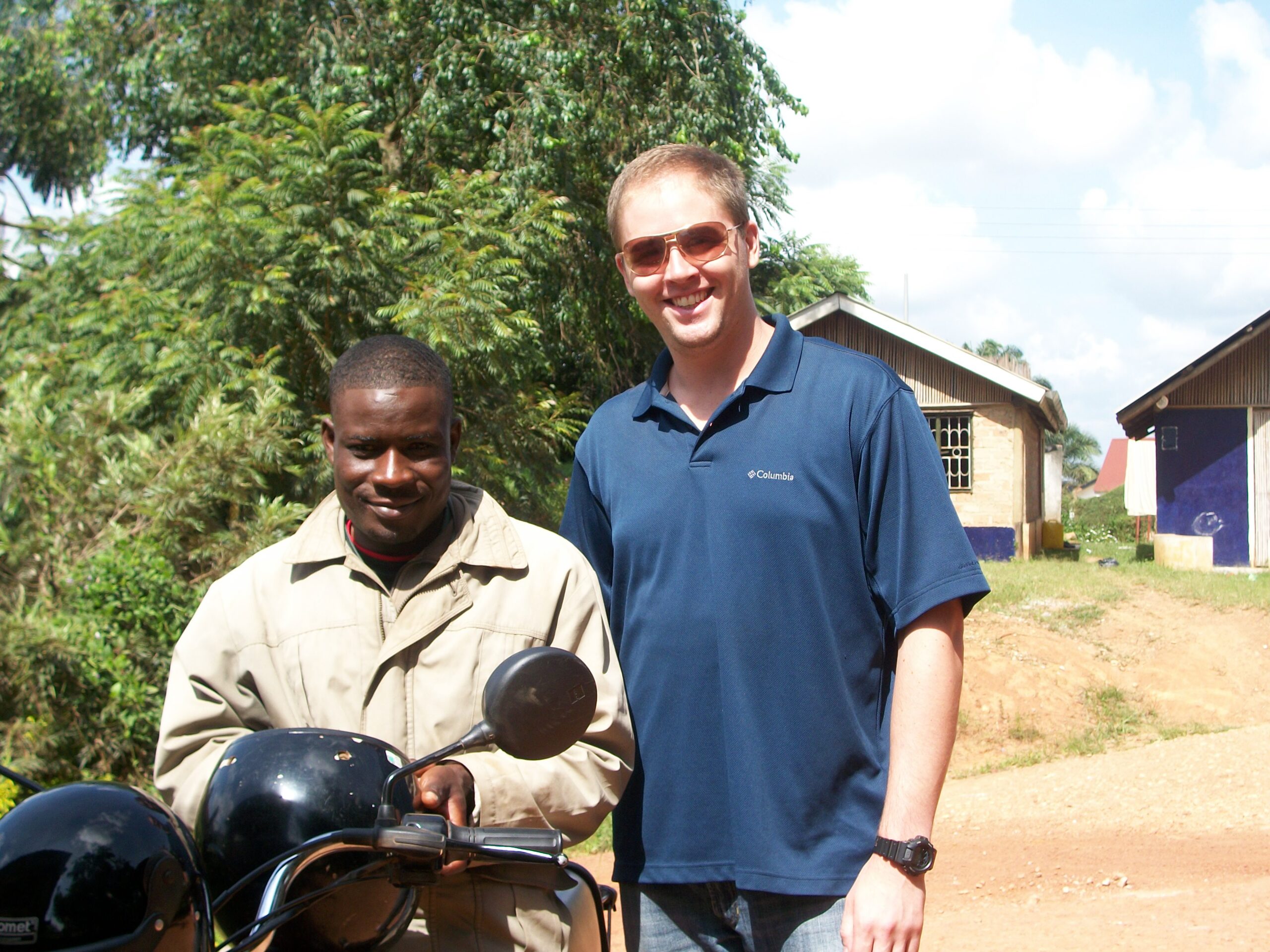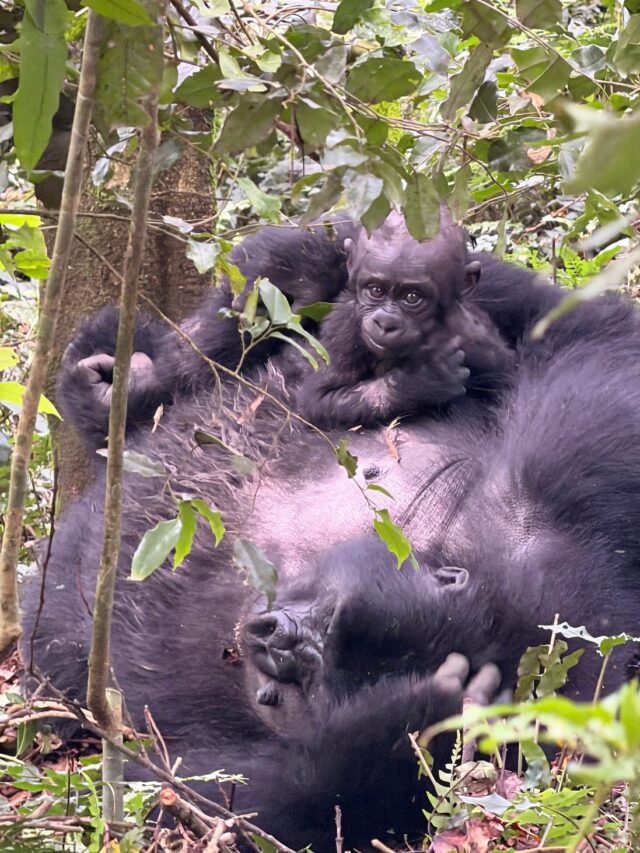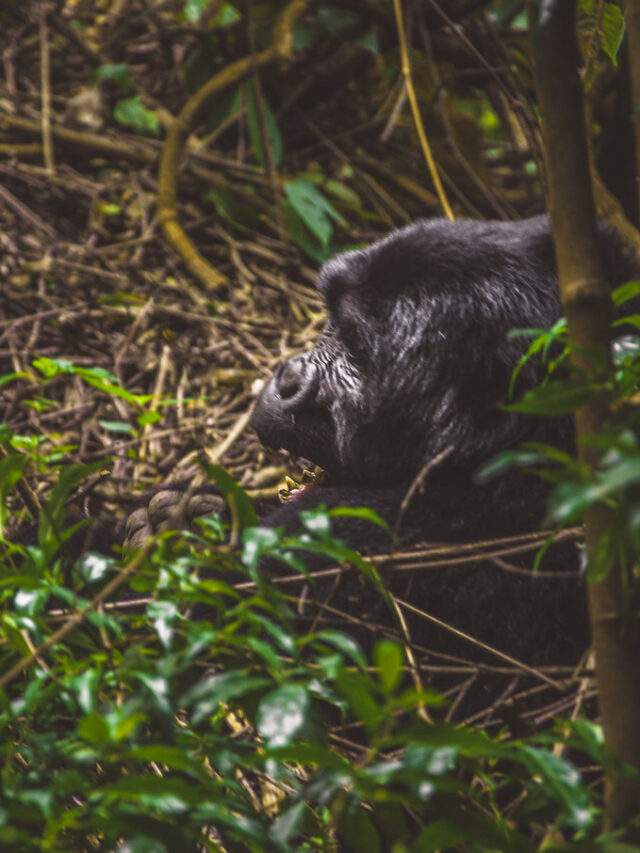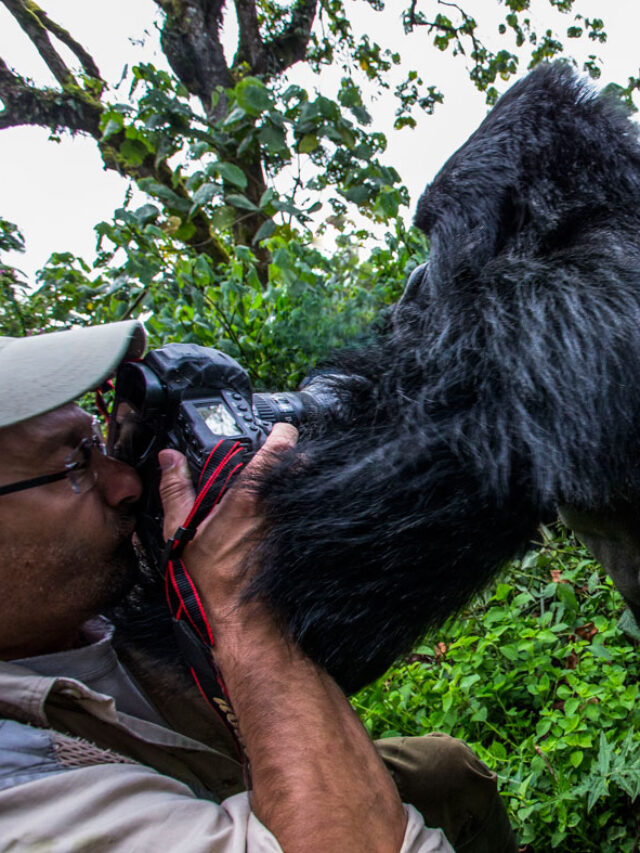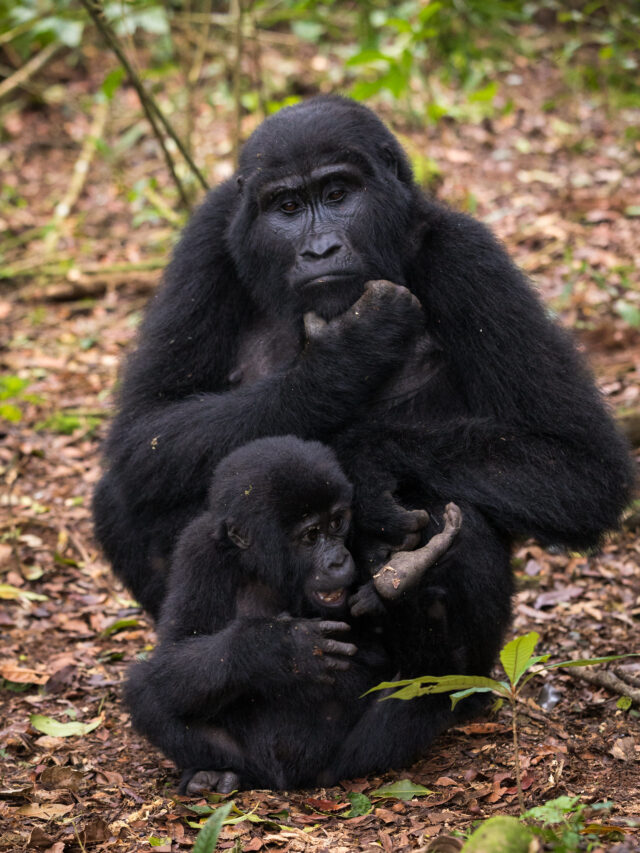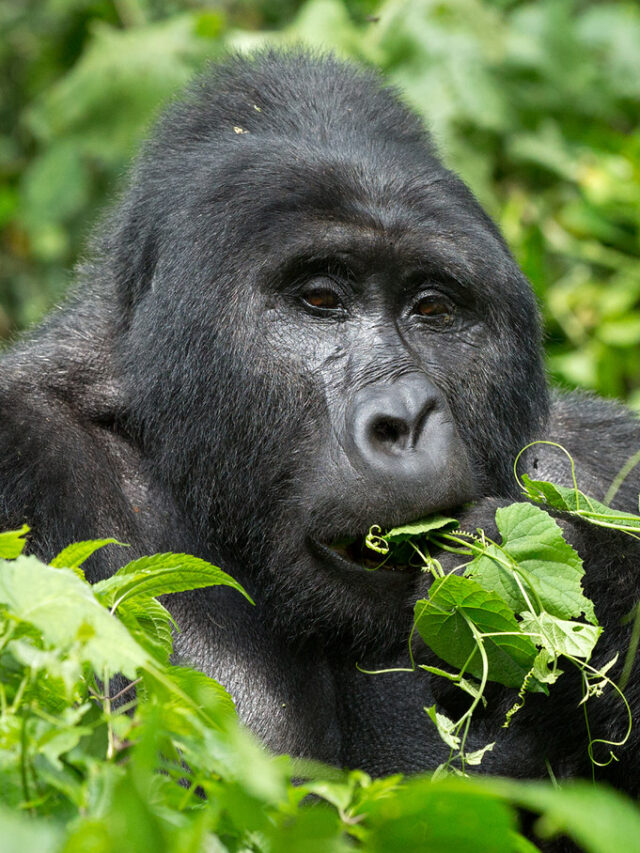What Is a Muzungu? | Understanding the Word Beyond the Surface
The Word Heard Across East Africa
If you’ve ever walked the dusty streets of Kampala, crossed the border into Kigali, or trekked through the lush hills of western Uganda, chances are you’ve heard the word shouted with wide smiles or whispered with curiosity: “Muzungu!” At first, it might catch you off guard — especially if you’re a foreign visitor. You might wonder, “Are they mocking me? Are they greeting me? What does it even mean?”
What Is a Muzungu — To understand Muzungu is to explore far beyond its literal definition. The word holds history, carries layers of cultural nuance, and paints a vivid picture of the relationship between Africans and the world that came to meet them. It’s more than just a label — it’s a lens through which identity, colonial history, curiosity, and sometimes affection all converge.
The Meaning of Muzungu
In its simplest form, Muzungu is a term used in several East and Central African languages — including Luganda, Kiswahili, and Kinyarwanda — to describe a white person or a foreigner. But that translation only scratches the surface. Digging into its linguistic roots, the word originates from the Swahili term kuzunguka, which means “to wander” or “to spin around.” So, originally, a Muzungu was quite literally “one who roams aimlessly.”
Historically, it was first used to describe European explorers and colonizers who arrived in Africa centuries ago, often moving from place to place, lacking a fixed position in the traditional sense, and appearing quite strange in their dress, customs, and language. Over time, the word evolved, shaped by generations of interaction between Africans and foreign settlers, aid workers, missionaries, tourists, and expatriates. It’s no longer just about skin color — it’s also about appearance, behavior, and status.
Muzungu in Today’s Context
In the modern context, especially in countries like Uganda, Rwanda, Kenya, and Tanzania, Muzungu is still commonly used, and while it still refers primarily to white people, it’s often extended to anyone who looks visibly foreign — Asian, Arab, or mixed-race individuals might sometimes be called Muzungu depending on the region and the speaker’s perspective.
However, its meaning can shift dramatically depending on tone, context, and intention. For children, shouting “Muzungu!” is often a mix of excitement and innocence. It may simply mean, “Hey, look! Someone new!” For others, it may reflect admiration, curiosity, or even an assumption of wealth or privilege. There are cases where the term carries a sting — when it’s used with sarcasm or suspicion, possibly in reaction to perceived arrogance or disconnection from local culture. But most often, it isn’t meant to offend. It’s a cultural reflex — a verbal acknowledgment of difference.
The Emotional Weight for Travelers
For many foreign visitors, being called Muzungu can stir mixed emotions. At first, it might feel uncomfortable — a reminder that you’re being seen primarily through the lens of your difference. You might wonder if you’re being othered, reduced to an outsider despite your efforts to blend in or contribute meaningfully. But in truth, Muzungu is less about exclusion and more about recognition.
What matters most is how you respond to the word — with openness or defensiveness, with humility or distance. Those who embrace it with respect often find that it becomes a doorway into deeper conversations. If you smile back, engage, and show genuine interest in the culture and people, the word Muzungu can shift from a label to a term of endearment. It reminds you that you’re being noticed — and perhaps even welcomed — in a society that treasures human connection and social awareness.
A Symbol of History and Change
To be called Muzungu is, in many ways, to carry the legacy of the past while walking into the present. It reflects a time when Africa was being explored, exploited, studied, and misunderstood. It carries echoes of colonialism, privilege, and distance — but it also holds the possibility of relationship, reconciliation, and mutual respect.
Today’s Muzungu can be a traveler, a development worker, a backpacker, a digital nomad, or a long-term resident. What defines them is no longer just skin tone, but intention. Are they here to learn or to lecture? To extract or to exchange? Are they trying to change Africa or to walk alongside it, honoring its culture, its struggles, and its brilliance?


